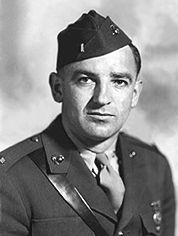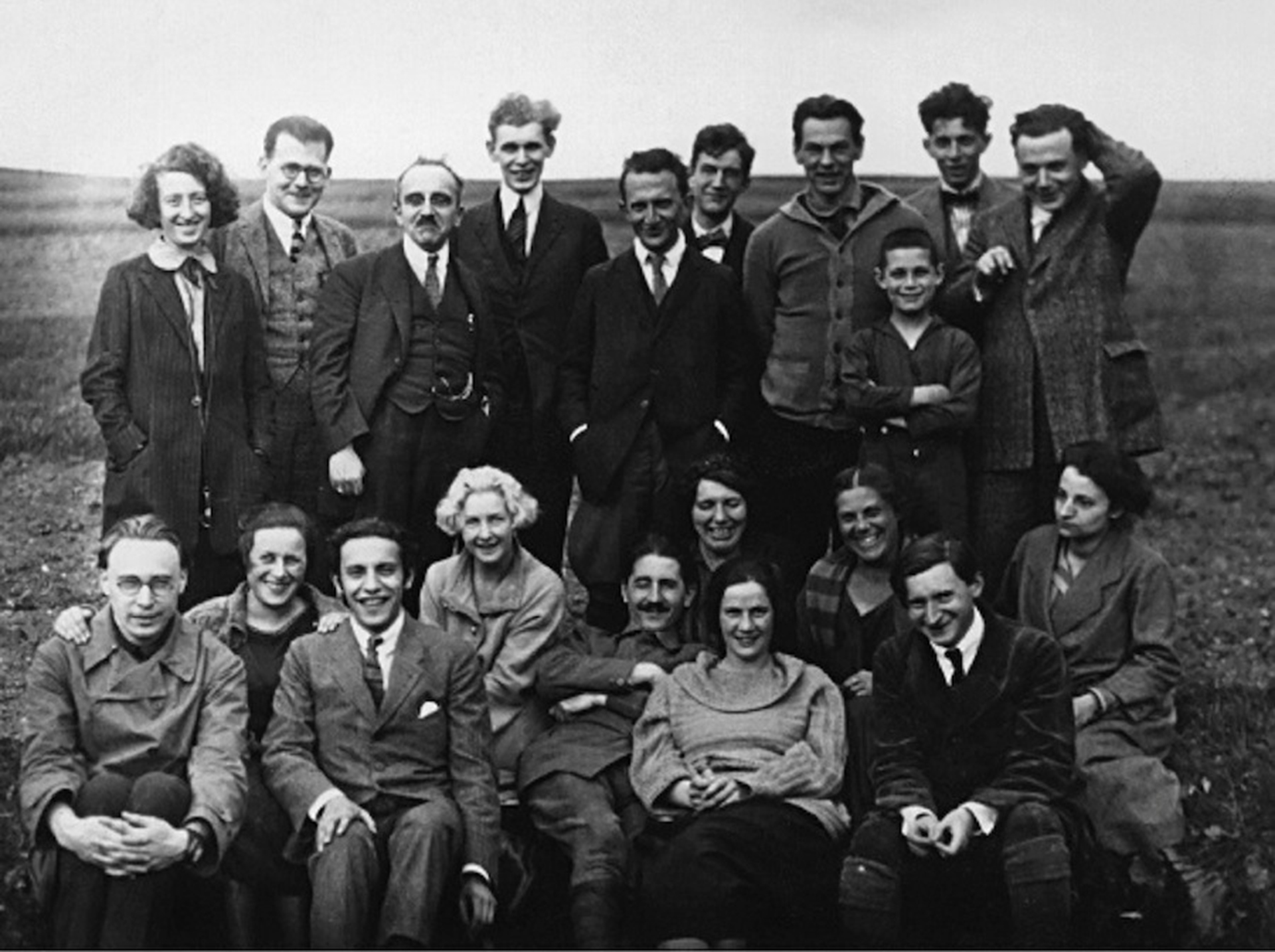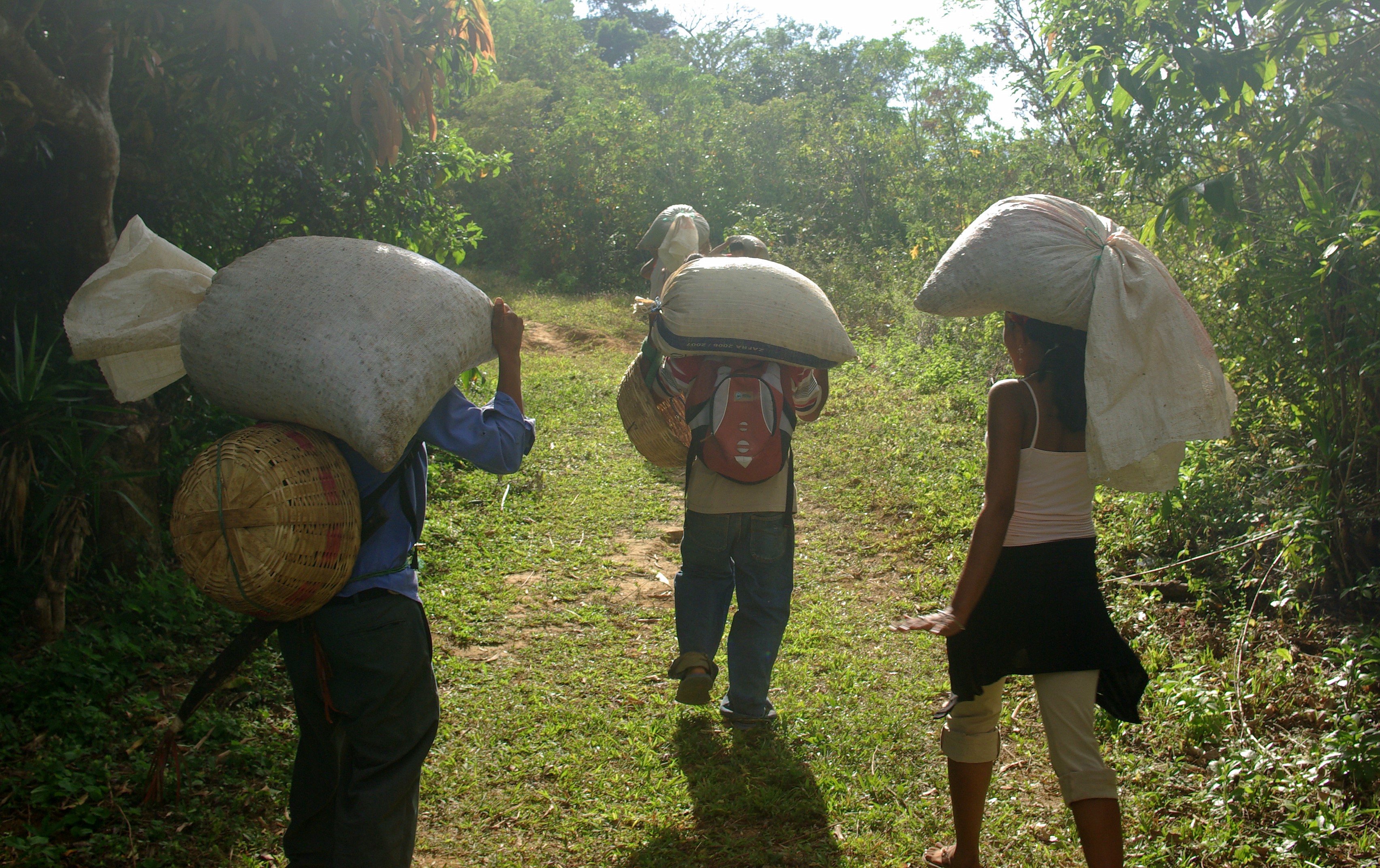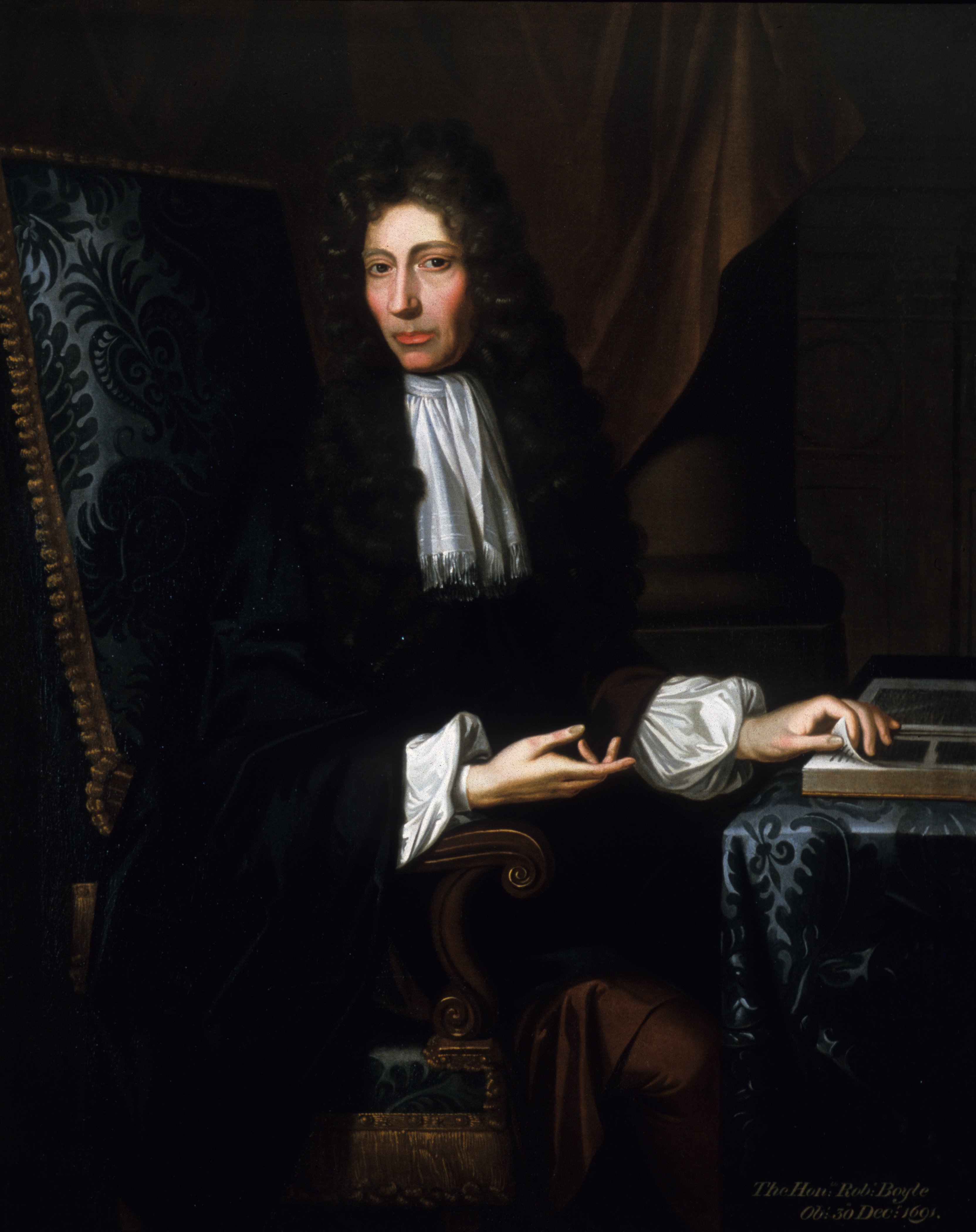|
Owen Lattimore
Owen Lattimore (July 29, 1900 – May 31, 1989) was an American Orientalist and writer. He was an influential scholar of China and Central Asia, especially Mongolia. Although he never earned a college degree, in the 1930s he was editor of ''Pacific Affairs'', a journal published by the Institute of Pacific Relations, and then taught at Johns Hopkins University in Baltimore, Maryland, from 1938 to 1963. He was director of the Walter Hines Page School of International Relations there from 1939 to 1953. During World War II, he was an advisor to Chiang Kai-shek and the American government and contributed extensively to the public debate on American policy in Asia. From 1963 to 1970, Lattimore was the first Professor of Chinese Studies at the University of Leeds in England. In the early post-war period of McCarthyism and the Red Scare, American wartime " China Hands" were accused of being agents of the Soviet Union or under the influence of Marxism. In 1950, Senator Joseph McCarthy a ... [...More Info...] [...Related Items...] OR: [Wikipedia] [Google] [Baidu] |
Joseph McCarthy
Joseph Raymond McCarthy (November 14, 1908 – May 2, 1957) was an American politician who served as a Republican U.S. Senator from the state of Wisconsin from 1947 until his death in 1957. Beginning in 1950, McCarthy became the most visible public face of a period in the United States in which Cold War tensions fueled fears of widespread communist subversion. He is known for alleging that numerous communists and Soviet spies and sympathizers had infiltrated the United States federal government, universities, film industry, and elsewhere. Ultimately, he was censured for refusing to cooperate with, and abusing members of, the committee established to investigate whether or not he should be censured. The term "McCarthyism", coined in 1950 in reference to McCarthy's practices, was soon applied to similar anti-communist activities. Today, the term is used more broadly to mean demagogic, reckless, and unsubstantiated accusations, as well as public attacks on the character or p ... [...More Info...] [...Related Items...] OR: [Wikipedia] [Google] [Baidu] |
Arnold J
Arnold may refer to: People * Arnold (given name), a masculine given name * Arnold (surname), a German and English surname Places Australia * Arnold, Victoria, a small town in the Australian state of Victoria Canada * Arnold, Nova Scotia United Kingdom * Arnold, East Riding of Yorkshire * Arnold, Nottinghamshire United States * Arnold, California, in Calaveras County * Arnold, Carroll County, Illinois * Arnold, Morgan County, Illinois * Arnold, Iowa * Arnold, Kansas * Arnold, Maryland * Arnold, Mendocino County, California * Arnold, Michigan * Arnold, Minnesota * Arnold, Missouri * Arnold, Nebraska * Arnold, Ohio * Arnold, Pennsylvania * Arnold, Texas * Arnold, Brooke County, West Virginia * Arnold, Lewis County, West Virginia * Arnold, Wisconsin * Arnold Arboretum of Harvard University, Massachusetts * Arnold Township, Custer County, Nebraska Other uses * Arnold (automobile), a short-lived English car * Arnold of Manchester, a former English coachbuilder * Arnold (band), ... [...More Info...] [...Related Items...] OR: [Wikipedia] [Google] [Baidu] |
Karl August Wittfogel
Karl August Wittfogel (6 September 1896 – 25 May 1988) was a German-American playwright, historian, and sinologist. He was originally a Marxist and an active member of the Communist Party of Germany, but after the Second World War, he was an equally-fierce anticommunist. Life and career Karl August Wittfogel was born 6 September 1896 at Woltersdorf, in Lüchow, Province of Hanover to a Lutheran schoolteacher. Wittfogel left school in 1914. He studied philosophy, history, sociology, geography at Leipzig University and also in Munich, Berlin and Rostock and in 1919 again in Berlin. From 1921 he studied sinology in Leipzig. In between Wittfogel was drafted into a Signal Corps Unit (''Fernmeldeeinheit'') in 1917. In 1921 Wittfogel married Rose Schlesinger. Wittfogel's second wife was Olga (Joffe) Lang, a Russian sociologist who traveled with him to China and collaborated with him on a project to analyze the Chinese family. Lang later published a monograph on the Chinese family an ... [...More Info...] [...Related Items...] OR: [Wikipedia] [Google] [Baidu] |
Location Theory
Location theory has become an integral part of economic geography, regional science, and spatial economics. Location theory addresses questions of what economic activities are located where and why. Location theory or microeconomic theory generally assumes that agents act in their own self-interest. Firms thus choose locations that maximize their profits and individuals choose locations that maximize their utility. History Transportation costs While others should get some credit for earlier work (e.g., Richard Cantillon, Etienne Bonnot de Condillac, David Hume, Sir James D. Steuart, and David Ricardo), it was not until the publication of Johann Heinrich von Thünen's first volume of ''Der Isolierte Staat'' in 1826 that location theory can be said to have really gotten underway. Indeed, the prominent regional scientist Walter Isard has called von Thünen "the father of location theorists." In ''Der Isolierte Staat'', von Thünen notes that the costs of transporting goods consume ... [...More Info...] [...Related Items...] OR: [Wikipedia] [Google] [Baidu] |
Economic Geography
Economic geography is the subfield of human geography which studies economic activity and factors affecting them. It can also be considered a subfield or method in economics. There are four branches of economic geography. There is, primary sector, Secondary sector, Tertiary sector, & Quaternary sector. Economic geography takes a variety of approaches to many different topics, including the location of industries, economies of agglomeration (also known as "linkages"), transportation, international trade, development, real estate, gentrification, ethnic economies, gendered economies, core-periphery theory, the economics of urban form, the relationship between the environment and the economy (tying into a long history of geographers studying culture-environment interaction), and globalization. Theoretical background and influences There are varied methodological approaches. Neoclassical location theorists, following in the tradition of Alfred Weber, tend to focus on industria ... [...More Info...] [...Related Items...] OR: [Wikipedia] [Google] [Baidu] |
Ecology
Ecology () is the study of the relationships between living organisms, including humans, and their physical environment. Ecology considers organisms at the individual, population, community, ecosystem, and biosphere level. Ecology overlaps with the closely related sciences of biogeography, evolutionary biology, genetics, ethology, and natural history. Ecology is a branch of biology, and it is not synonymous with environmentalism. Among other things, ecology is the study of: * The abundance, biomass, and distribution of organisms in the context of the environment * Life processes, antifragility, interactions, and adaptations * The movement of materials and energy through living communities * The successional development of ecosystems * Cooperation, competition, and predation within and between species * Patterns of biodiversity and its effect on ecosystem processes Ecology has practical applications in conservation biology, wetland management, natural resource managemen ... [...More Info...] [...Related Items...] OR: [Wikipedia] [Google] [Baidu] |
Biological Racism
Scientific racism, sometimes termed biological racism, is the pseudoscientific belief that empirical evidence exists to support or justify racism ( racial discrimination), racial inferiority, or racial superiority.. "Few tragedies can be more extensive than the stunting of life, few injustices deeper than the denial of an opportunity to strive or even to hope, by a limit imposed from without, but falsely identified as lying within." Historically, scientific racism received credence throughout the scientific community, but it is no longer considered scientific. The division of humankind into biologically distinct groups, and the attribution of specific traits both physical and mental to them by constructing and applying corresponding explanatory models, i.e. racial theories, is sometimes called racialism, race realism, or race science by its proponents. Modern scientific consensus rejects this view as being irreconcilable with modern genetic research.Templeton, A. (2016). EVOL ... [...More Info...] [...Related Items...] OR: [Wikipedia] [Google] [Baidu] |
Ellsworth Huntington
__NOTOC__ Ellsworth Huntington (September 16, 1876 – October 17, 1947) was a professor of geography at Yale University during the early 20th century, known for his studies on environmental determinism/climatic determinism, economic growth, economic geography, and scientific racism. He served as President of the Ecological Society of America in 1917, the Association of American Geographers in 1923 and President of the Board of Directors of the American Eugenics Society from 1934 to 1938. He taught at Euphrates College, Turkey (1897–1901); accompanied the Pumpelly (1903) and Barrett (1905–1906) expeditions to central Asia; and wrote of his Asian experiences in ''Explorations in Turkestan'' (1905) and ''The Pulse of Asia'' (1907). He taught geography at Yale (1907–1915) and from 1917 was a research associate there, devoting his time chiefly to climatic and anthropogeographic studies. He was the 1916 recipient of the Elisha Kent Kane Gold Medal from the Geograph ... [...More Info...] [...Related Items...] OR: [Wikipedia] [Google] [Baidu] |
The New York Times
''The New York Times'' (''the Times'', ''NYT'', or the Gray Lady) is a daily newspaper based in New York City with a worldwide readership reported in 2020 to comprise a declining 840,000 paid print subscribers, and a growing 6 million paid digital subscribers. It also is a producer of popular podcasts such as '' The Daily''. Founded in 1851 by Henry Jarvis Raymond and George Jones, it was initially published by Raymond, Jones & Company. The ''Times'' has won 132 Pulitzer Prizes, the most of any newspaper, and has long been regarded as a national " newspaper of record". For print it is ranked 18th in the world by circulation and 3rd in the U.S. The paper is owned by the New York Times Company, which is publicly traded. It has been governed by the Sulzberger family since 1896, through a dual-class share structure after its shares became publicly traded. A. G. Sulzberger, the paper's publisher and the company's chairman, is the fifth generation of the family to head the pa ... [...More Info...] [...Related Items...] OR: [Wikipedia] [Google] [Baidu] |
Pawtucket, Rhode Island
Pawtucket is a city in Providence County, Rhode Island, United States. The population was 75,604 at the 2020 census, making the city the fourth-largest in the state. Pawtucket borders Providence and East Providence to the south, Central Falls and Lincoln to the north, and North Providence to the west; to its east-northeast, the city borders the Massachusetts municipalities of Seekonk and Attleboro. Pawtucket was an early and important center of textile manufacturing; the city is home to Slater Mill, a historic textile mill recognized for helping to found the Industrial Revolution in the United States. Name The name "Pawtucket" comes from the Algonquian word for "river fall." History The Pawtucket region was said to have been one of the most populous places in New England prior to the arrival of European settlers. Native Americans would gather here to catch the salmon and smaller fish that gathered at the falls. The first European settler here was Joseph Jenks, who came t ... [...More Info...] [...Related Items...] OR: [Wikipedia] [Google] [Baidu] |
Perjury
Perjury (also known as foreswearing) is the intentional act of swearing a false oath or falsifying an affirmation to tell the truth, whether spoken or in writing, concerning matters material to an official proceeding."Perjury The act or an instance of a person’s deliberately making material false or misleading statements while under oath. – Also termed false swearing; false oath; (archaically forswearing." Like most other crimes in the common law system, to be convicted of perjury one must have had the ''intention'' (''mens rea'') to commit the act and to have ''actually committed'' the act (''actus reus''). Further, statements that ''are facts'' cannot be considered perjury, even if they might arguably constitute an omission, and it is not perjury to lie about matters that are immaterial to the legal proceeding. Statements that entail an ''interpretation'' of fact are not perjury because people often draw inaccurate conclusions unwittingly or make honest mistakes without ... [...More Info...] [...Related Items...] OR: [Wikipedia] [Google] [Baidu] |



.jpg)

.jpg)


.png)
